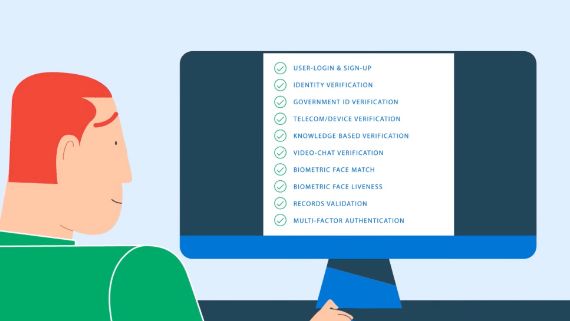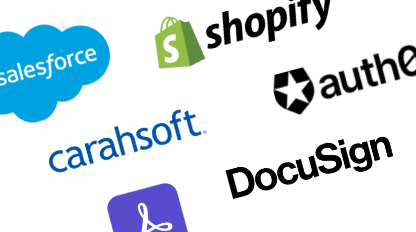ID.me is America’s largest digital identity wallet, serving over 130 million users. With users in so many different communities across the country, we recognize that not every user starts from the same place.
ID.me’s novel approach – combining best-in-breed algorithms with human alternatives – levels the playing field so that digital services are accessible to more people, no matter their location, language, or resources. That’s why ID.me is proud to have supported the U.S. Department of Health and Human Services (HHS) on its recent interagency Tribal CX Pilot for Post-Award Reporting. The project focused on reducing the administrative burden for tribal grant recipients in rural and underserved areas.
With over $40 billion in federal funds going to tribal entities in FY23, secure login and identity verification are critical to ensure that funds reach the tribal recipients who deserve them – not fraudsters. Use of secure digital wallets also mean that these tribal users have better customer experience and less friction when accessing related programs at other agencies.
During the pilot, HHS and its partner agencies found that tribal nations reported unique challenges with identity verification. For instance:
“Applicants can struggle to meet identity documentation and physical address requirements, as many tribal members may only have tribal IDs and P.O. boxes.”
Recognizing these challenges, ID.me supports these users through:
- The use of tribal documents in its verification process, opening up new options for users who only have tribal IDs or who lack other documentation.
- A Tribal Help Guide tailored to address the needs of tribal users.
- Accommodating Navajo as one of the 240 languages we support for users of our video chat verification pathway.
- Multiple pathways to complete verification in a way that works for their communities, including online self-serve, video chat, and in-person verification.
ID.me also conducted a ZIP code analysis to compare the pass/fail rate among Alaska Native grant recipients with the national average. The data showed that pass rates of Alaskan zip codes with predominantly tribal users have a pass rate that is close to benchmark compared to the rest of the United States. Solutions that rely on algorithms alone struggle to verify users without a presence in online records, and often see sizable variation in pass rates across demographic groups.
ID.me remains committed to working closely with federal agencies and American Indian and Alaska Native leaders on tailored solutions to improve access to essential government services. As highlighted in the report, proper implementation of inclusive digital identity solutions – like ID.me – can “result in secure, accessible digital systems that are broadly accessible to all tribal recipients.”
For more information, read HHS’ full report on its pilot program here and find our Tribal Help Guide here.




